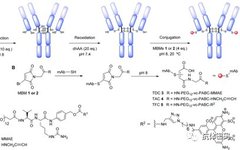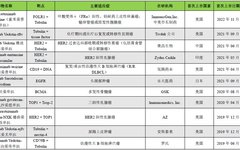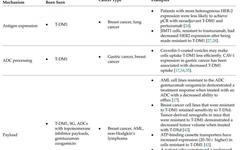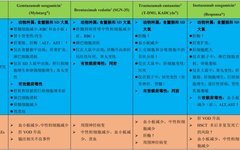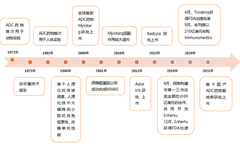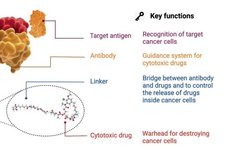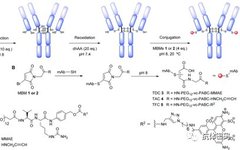Comprehensive Overview of Antibody-Drug Conjugates (ADCs)
Introduction Antibody-drug conjugates (ADC) combine the high specificity of monoclonal antibodies with the high potency of small molecule cytotoxic drugs to enhance the targeting of cancer therapies and reduce side effects. Compared to traditional antibodies or antibody fragments, ADCs can release highly active cytotoxins within tumor tissues, theoretically leading to higher efficacy. ADCs have undergone … Read more
